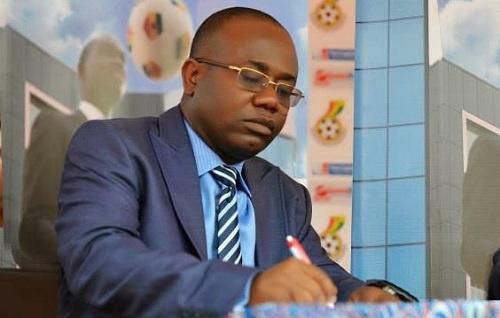
By an executive instrument dated 9th January 2025, the ministries of Ghana, being the bulwark of the architecture of the civil service, were reviewed and realigned by President John Mahama, pursuant to the Civil Service Act, 1993, PNDCL 327.
The new Ministry for Sports & Recreation
Among the notable changes is the rebranding of the Ministry of Youth and Sports to the Ministry of Sports and Recreation. This review and realignment appear well-reasoned, having incorporated input from technocrats with relevant experience and expertise.
It is a transformation that is both timely and promising, offering an opportunity to leverage sports as a tool for empowering Ghanaian youth and driving sustainable development.
The United Nations Sustainable Development Goals (SDGs)
In 2015, the United Nations led the global community in setting 17 Sustainable Development Goals (SDGs) to be achieved by 2030. A key strategy within this agenda is the deployment of sports as a tool for global peace and development.
Past realignments
Since independence, sports in Ghana have been variously aligned with education, science, culture, and youth. The recent alignment of sports with recreation, however, introduces a fresh approach that offers hope and new expectations for the youth.
Sports is predominantly patronised by the youth, making the destinies of youth and sports inextricably linked. For much of the Fourth Republic, the Ministry of Youth and Sports has been a dominant feature of this industry.
International best practices
While the United States has no Ministry of Sports, most countries worldwide have government agencies akin to sports ministries. They include France, Turkey, Serbia, Belgium, Kenya, Tanzania, India, Malaysia, Iran, Australia, and Malawi, among others. Many of these countries align sports with youth affairs, following what appears to be the international best practice.
The rationale behind aligning sports with youth is grounded in global principles, including the 37th objective of the UN SDGs, which states:
Sport is also an important enabler of sustainable development. We recognise the growing contribution of sport to the realisation of development and peace, in its promotion of tolerance and respect, and the contributions it makes to the empowerment of women and young people, individuals, and communities, as well as to health, education, and social inclusion objectives.
The correlation between sports and youth
Successive governments have designed various programs and policies towards achieving the UN SDGs. Over 90% of patrons of sporting activities in Ghana are the youth. This youthful demographic reflects the strong correlation between sports and youth development.
Re-alignment of Sports with Recreation
The new alignment of sports with recreation shifts focus from youth to health, well-being, and leisure. Countries like New Zealand, Samoa, and Zimbabwe have similar ministries combining sports with recreation. Ghana’s new Ministry for Youth Development and Empowerment will now serve as a hub for youth-centred initiatives.
Health and well-being are critical to national prosperity. During the tenure of two former sports ministers, Messrs Arnold Quainoo and E.T. Mensah, Keep-Fit Clubs were instrumental in promoting fitness among adults and the middle class.
However, the growing prevalence of lifestyle diseases like hypertension and diabetes among younger populations calls for a national fitness initiative.
A designated monthly national fitness day could be a worthy consideration. A national fitness initiative may require the collaboration of the Ministry of Health.
Sports is a big business
Globally, sports has transitioned into a multi-billion-dollar industry, and Ghana is no exception. The new ministry must acknowledge that sports is no longer a mere recreation but a significant business sector.
In 1993, recognising football’s economic potential, the Ghanaian government partnered with the Ghana Football Association to establish a Professional League Board (PLB), marking a shift towards professionalising premier league football.
Former Sports Minister E.T. Mensah’s mantra, “Sports is a big business,” remains as relevant today as it was over three decades ago. It is not mere rhetoric.
Several government initiatives towards the achievement of this policy led to two major steps: first, a repeal of the Sports Decree, 1976, SMCD 54, and an enactment of the Sports Act, 2016, Act 934.
The government needs to drive the agenda of commercialisation and promotion of employment and job opportunities in the sports sector.
Benefits of sports
Sports generates thousands of private-sector jobs, especially for the youth.
Though the data surrounding the number of people directly or indirectly employed by the football sub-sector of sports in Ghana, it is estimated that about 20,000 are beneficiaries.
This industry also enables young people to channel their energies productively, reducing the risk of delinquency and fostering a sense of purpose.
In addition to personal development, sports create job opportunities for young people, spanning various roles such as players, coaches, administrators, and media personnel. The professionalisation of football, for instance, has opened avenues for youth employment and entrepreneurship.
Track and field, arm wrestling, boxing, tennis, table tennis, and numerous other disciplines engage Ghanaian youth.
This new ministry must consider incentives for private investment in sports to expand employment opportunities. Key aspects like professionalism, sponsorship, standards, and regulation require urgent attention to maximise the sector’s potential.
Foreign exchange earnings
Beyond recreation, sports is an engine for economic empowerment and a pathway to global opportunities.
I admit we would need the right data to appreciate its contribution to the inflow of foreign exchange into the country, but one cannot deny the fact that since the mid-1980s, Ghana has “exported” a good number of players to clubs in Europe for millions of foreign exchange as transfer fees.
FIFA regulations require five percent of the transfer fee to be paid to the club(s) that nurture(s) a talent between the ages of 12 and 21.
Hence, the moves made by Abedi Pele, Michael Essien, Sulley Muntari, Stephen Appiah, Asamoah Gyan (who at one point was the world's eighth-highest-paid player), Kwadwo Asamoah, the Ayew brothers, Anthony Annan, etc., were a direct investment into Ghana’s economy.
When Thomas Partey was transferred from Atletico Madrid to Arsenal for a whopping £50m, five percent of that money came directly to the clubs that contributed to his development.
Other transfers of Ghanaian football players of repute include Mohammed Kudus, Ibrahim Osman, Kamaldeen Suleman, and Ernest Nuamah, just to mention a few.
These international transfers have generated significant foreign exchange for the nation and for clubs to develop more talent.
When these players return to the country, they are here with foreign exchange. No matter how little, a foreign exchange’s impact on our economy should be appreciated.
Furthermore, in 2008, the Ghana Football Association signed a five-year contract of $22.5m with Glo Mobile Limited for sponsorship of the Black Stars and Ghana Premier League.






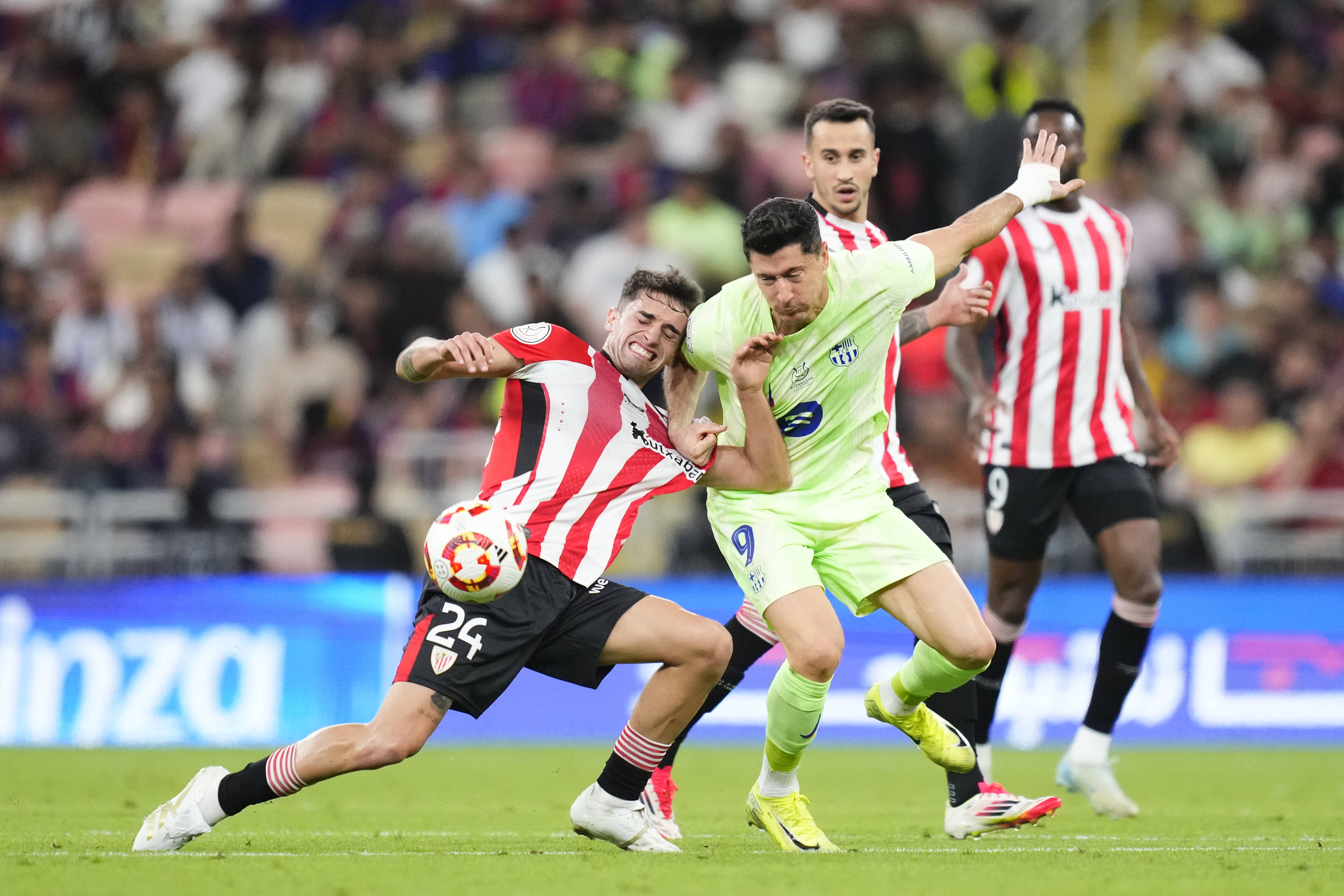


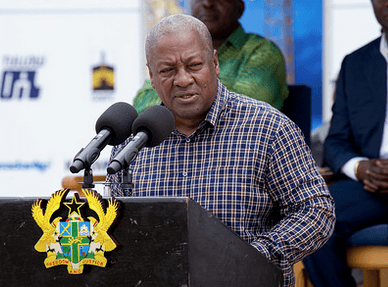
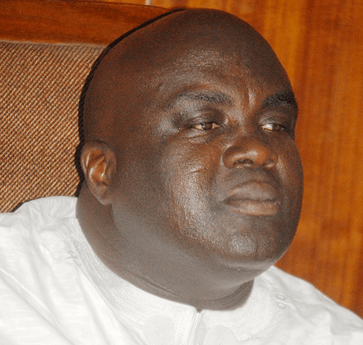
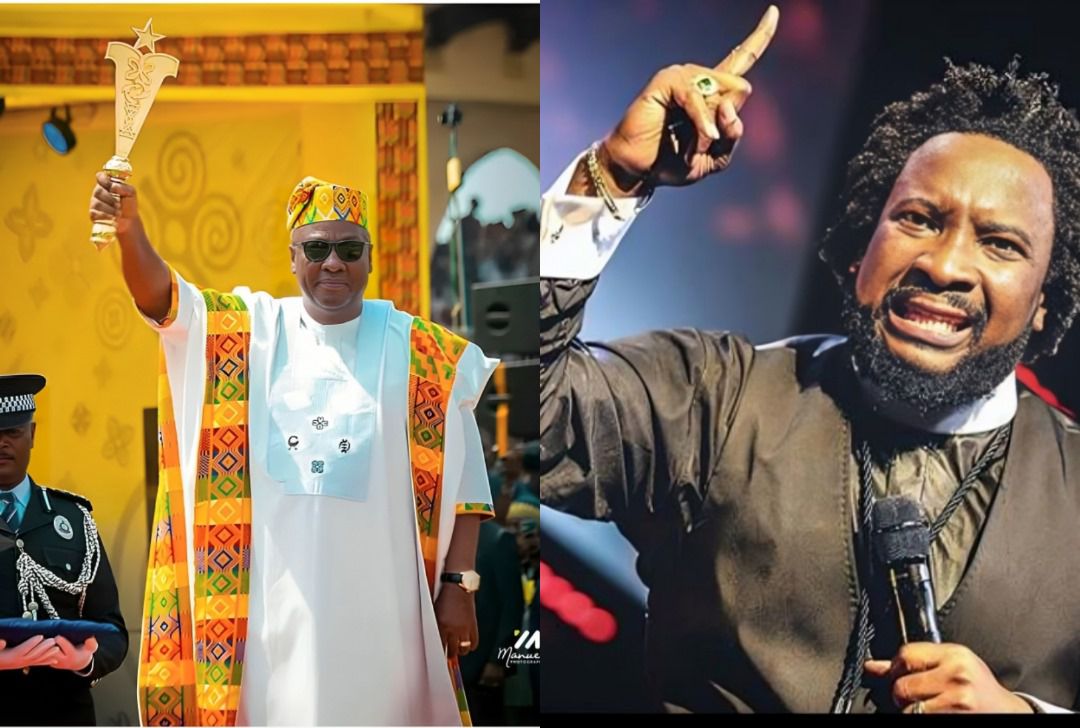
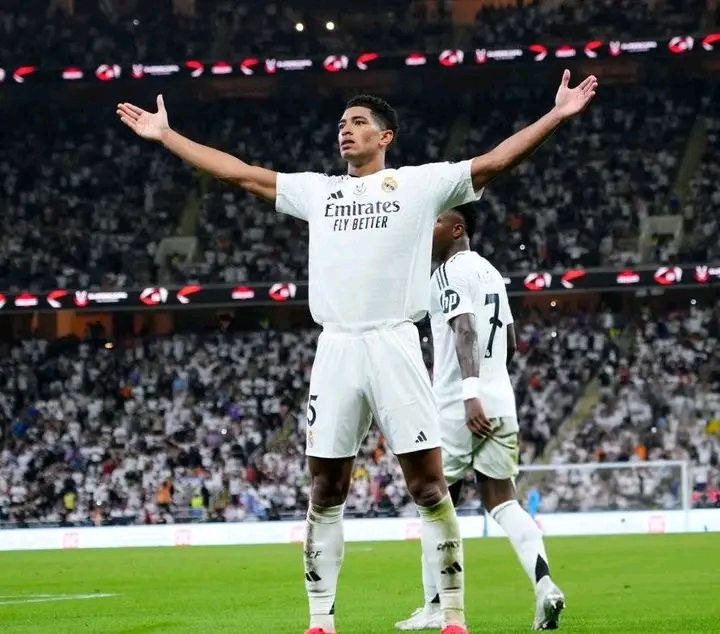






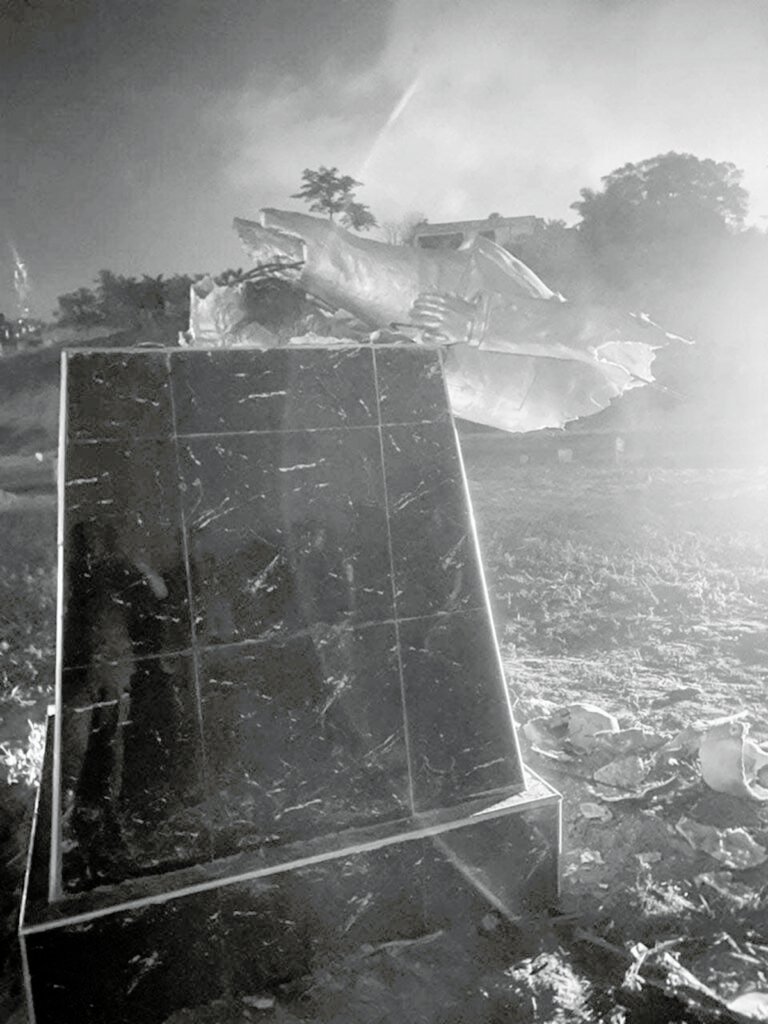
Facebook
Twitter
Pinterest
Instagram
Google+
YouTube
LinkedIn
RSS